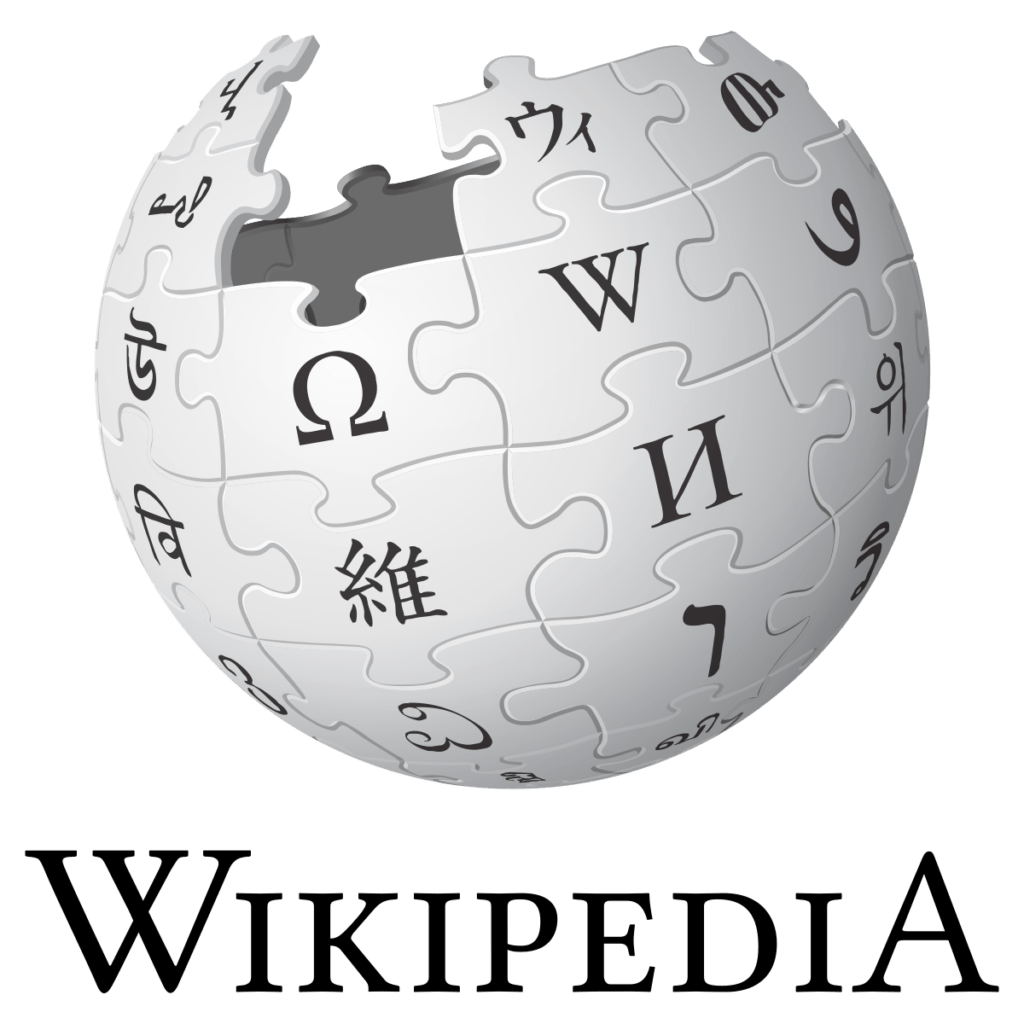If you open the internet and search for just about anything, chances are a Wikipedia entry will be your top search result. From social groups during the French Revolution and the origin of avocados to who invented the zipper and how to make a tourniquet, Wikipedia has information on just about everything. But despite being the world’s number one source of knowledge, there is a clear gap in the information it provides.
When it comes to informing on women of the past, Wikipedia is generally lacking in its representation. Of the countless biographies on Wikipedia, less than 1 in 5 are about women. Those that do speak to women and their accomplishments tend to be shorter and less specific than the biographies of their male counterparts. This is partly due to the lack of female representation in the past, both in openly impacting history and being recorded by it. The traditional role of females in the past, as wives and mothers, delegated them to a secondary, often overlooked role in it. As such, history has come to be recorded and taught from a more male-centric view with little platform given to the female narrative of the past.
This problem of representation has not gone unnoticed by the women of Wikipedia. Those that write for the site have banded together with the active goal of weaving the female narrative back into the story of history. Many are volunteers with professional jobs outside of their work for Wikipedia who, despite their other engagements, put in long hours of research and writing every week. They are doctors, lawyers, librarians, and students from different walks of life located all around the world, but their common passion of sharing knowledge and increasing equality in historic representation connects them as they collectively seek to make a difference.
These bold women play their part in changing the narrative through a variety of means. One of the more prominent ways they go about doing so is through hosting edit-a-thons. At these events, a community of wiki-editors, both seasoned and new, join together to edit existing Wikipedia entries and write new ones. They will often have themes, such as Women in Red (an initiative to create postings for women listed in red on other wiki pages, meaning they do not have their own page), women of color or women in science, and provide both names of women needing pages as well as resources for accurate and thorough research.
The Wiki-women’s next edit-a-thon was in March 2021 in honor of International Women’s Day. For this event, Wikipedia partnered with the National Gallery of Australia to create pages for every female artist represented in the gallery’s Know My Name project. If you would like to stay up to date on upcoming edit-a-thon events or become a Wiki-woman yourself, you can visit their website for more information.
-Emily VanderBent
Junior Girl
Girl Museum Inc.

